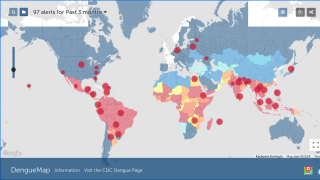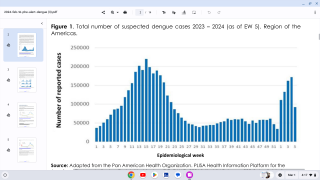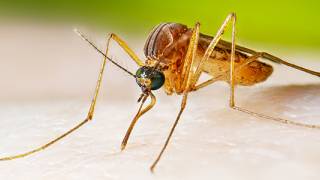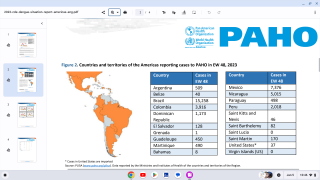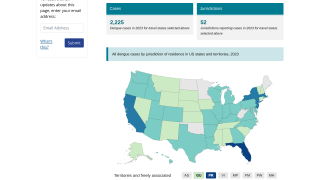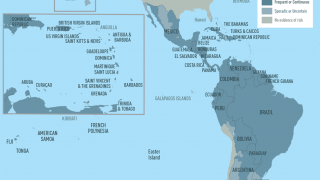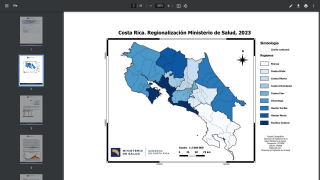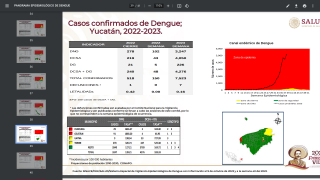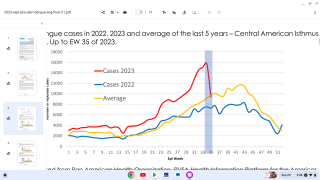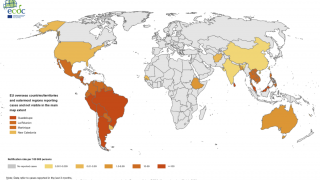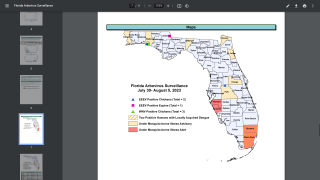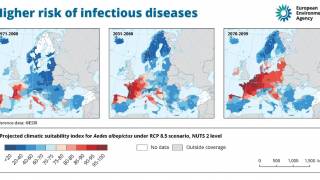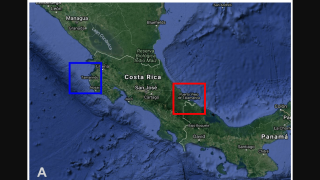Dengue in the Americas Travel Alert Issued

A Travel Alert was issued for the Americas regarding the ongoing risks from the Dengue virus.
This Level 1 Travel Alert published by the US Centers for Disease Control and Prevention (CDC) on August 27, 2019, says ‘Dengue is an ongoing risk in many parts of Central and South America, Mexico, and the Caribbean.’
‘Additionally, the countries of Guatemala and Honduras are reporting higher-than-usual numbers of dengue cases, and travelers visiting these countries may be at increased risk.’
Recently, on August 16th, 2019, the Pan American Health Organization (PAHO) warned that Latin America and Caribbean countries are experiencing a new dengue virus epidemic cycle.
According to the PAHO on August 9, 2019, about 2,029,342 people contracted the dengue disease and 723 have died during 2019.
In Guatemala, those under 15 years of age represent 52 percent of total cases of severe dengue, while in Honduras, children constitute 66 percent of all confirmed deaths.
In Mexico, the southern state of Chiapas has reported the most severe dengue fatalities (26) in this PAHO region during 2019.
‘Travelers to areas of risk should protect themselves by preventing mosquito bites by using an EPA-registered insect repellent, wearing long-sleeved shirts and long pants when outdoors, and sleeping in an air-conditioned room or room with window screens or under an insecticide-treated bed net,’ says the CDC.
Dengue is caused by a virus that has 4 different but closely related, serotypes: DEN-1, DEN-2, DEN-3, and DEN-4, all of which circulate in the Americas.
When a person recovers from the infection, he acquires lifelong immunity against that particular serotype. However, subsequent infections caused by other serotypes increase the risk of acquiring more severe forms of dengue.
Dengue Serotype 2 is one of the deadliest and is the one currently affecting children and adolescents, says the CDC.
Health effects from dengue include fever, headache, nausea, vomiting, rash, muscle and joint pain, and minor bleeding.
Dengue can become severe within a few hours. Severe dengue is a medical emergency requiring immediate medical attention and usually requiring hospitalization.
In severe cases, health effects can include hemorrhage, shock, organ failure, and death.
In the USA, as of August 7, 2019, 216 dengue cases were reported to the CDC. During 2019, Florida, California and New York have reported the most dengue cases.
There is a CDC approved preventive vaccine available for the dengue virus.
On May 1, 2019, Dengvaxia became the first vaccine approved in the USA for the prevention of dengue disease in people ages 9 through 16, who have laboratory-confirmed previous dengue infection, and who live in endemic areas caused by all dengue virus serotypes.
Dengvaxia is a live, attenuated vaccine that is administered as 3 separate injections, with the initial dose followed by 2 additional shots given six and twelve months later.
The Dengvaxia vaccine was determined to be approximately 76 percent effective in preventing symptomatic, laboratory-confirmed dengue disease in individuals 9 through 16 years of age who previously had laboratory-confirmed dengue disease.
"While each subsequent dengue infection increases the risk of developing severe dengue disease, this vaccine offers protection with 1-dose," said Aubren Emberton, Pharmacy Intern, for Brookshire's Grocery Company.
A blood test is the only way to confirm a dengue diagnosis.
>> Order confidential blood tests <<
The CDC says before being vaccinated with Dengvaxia, inform your healthcare provider if you have dengue symptoms or live in or have recently traveled to an area with risk of dengue.
Pre-travel vaccination counseling sessions can be scheduled at local pharmacies by Vax-Before-Travel.
Note: the CDC says any vaccine can cause side effects, which should be reported to a healthcare provider.
Published by Vax Before Travel
Our Trust Standards: Medical Advisory Committee


